In today's dynamic business environment, the importance of human skills in an organisation cannot be overstated. Human skills, often referred to as soft skills or interpersonal skills, encompass a range of competencies that enable individuals to communicate, collaborate, and resolve conflicts effectively. While technical skills can secure a job, human skills determine how colleagues, team members, and leaders perceive and interact with each other. This article explores the significance of these skills in the workplace and how team building can enhance and foster them.
Effective communication, trust, collaboration, and decision-making are the foundations of a successful organisation. These skills are not only essential but interdependent, forming the backbone of cohesive teamwork and strategic decision-making processes.
Effective Communication:
At the heart of every successful organisation lies effective communication. It goes beyond mere exchange of words; it's about understanding, empathy, and active listening. When team members communicate clearly and empathetically, they foster an environment where ideas flow freely, misunderstandings are minimised, and solutions are reached more efficiently.
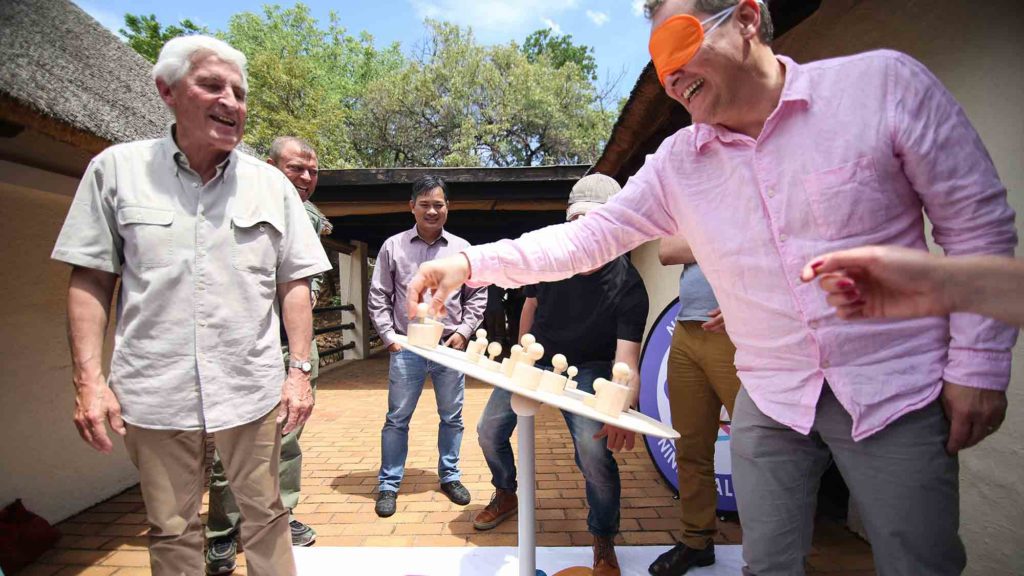
Building Trust and Collaboration:
Trust is the glue that holds teams together. In an environment built on trust, team members feel safe to express their opinions, share ideas, and take risks. Human skills play a crucial role in fostering this trust by promoting openness, honesty, and reliability. When trust exists within a team, collaboration flourishes. Team members are more willing to collaborate, innovate, and support one another, leading to the creation of innovative solutions and a more cohesive work environment.
Enhancing Decision-Making:
Effective decision-making is a hallmark of successful teams. It requires a combination of empathy, active listening, and effective communication. When team members possess these human skills, they can understand different perspectives, engage in constructive debates, and reach consensus more efficiently. A team that values human skills in decision-making is better equipped to navigate challenges, seize opportunities, and achieve better outcomes.
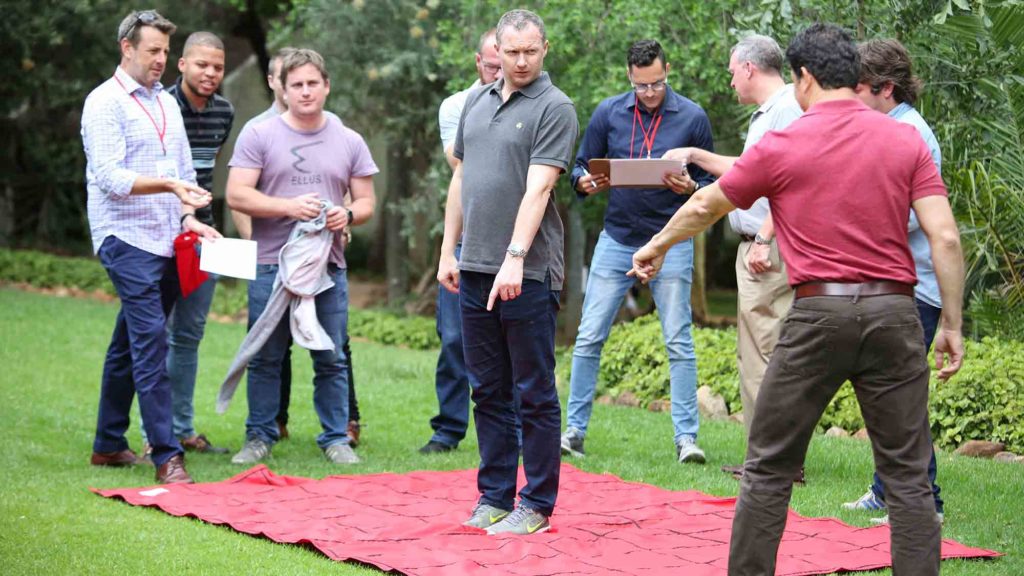
Human skills are inherently qualitative and subjective, making them challenging to quantify with traditional measurement methods. Unlike technical skills, which can be evaluated through tests and certifications, human skills such as empathy and teamwork are context-dependent and vary greatly from one situation to another.
The effectiveness of human skills can change based on factors such as cultural norms, communication mediums, and personal dynamics. This variability makes it difficult to develop standardised metrics for assessing these skills. Additionally, human skills are often internal and invisible until demonstrated in social interactions.
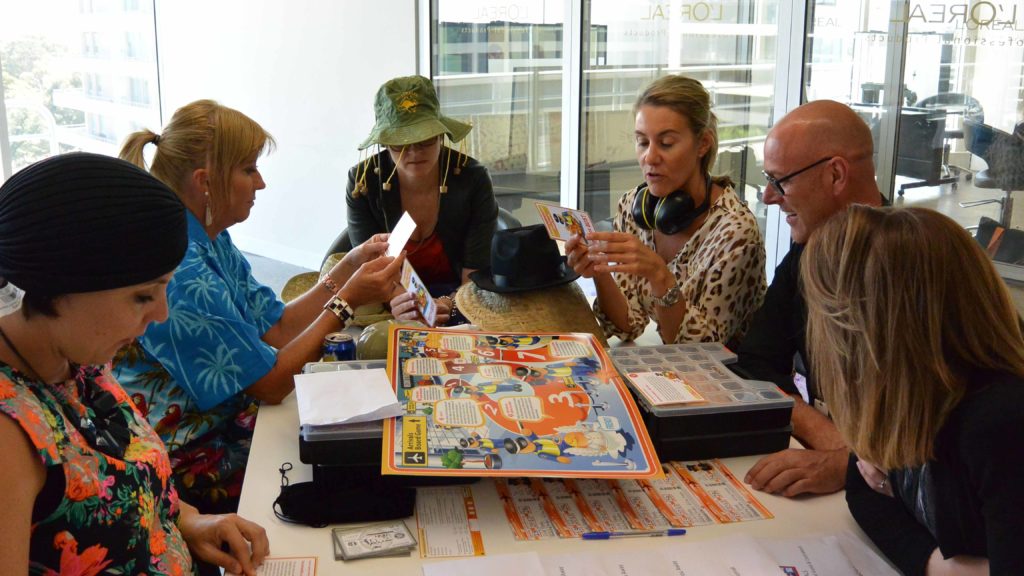
Foundations for developing human skills encompass the essential elements that create an environment conducive to growth and refinement. These foundations are the bedrock upon which individuals can cultivate and enhance their interpersonal competencies.
Central to this process is the establishment of a safe and supportive environment where individuals feel encouraged to express themselves openly and receive constructive feedback without fear of judgement. Diversity and inclusion play a pivotal role by exposing individuals to a variety of perspectives and experiences, fostering empathy and understanding.
Regular practice, both in structured settings and everyday interactions, provides opportunities for continuous improvement and refinement of human skills. Additionally, exposure to challenging situations, such as conflict resolution or crisis management, offers invaluable learning experiences that test and strengthen these skills.
Together, these foundations create the conditions necessary for individuals to develop and thrive in their human skills journey, ultimately contributing to their personal and professional growth.
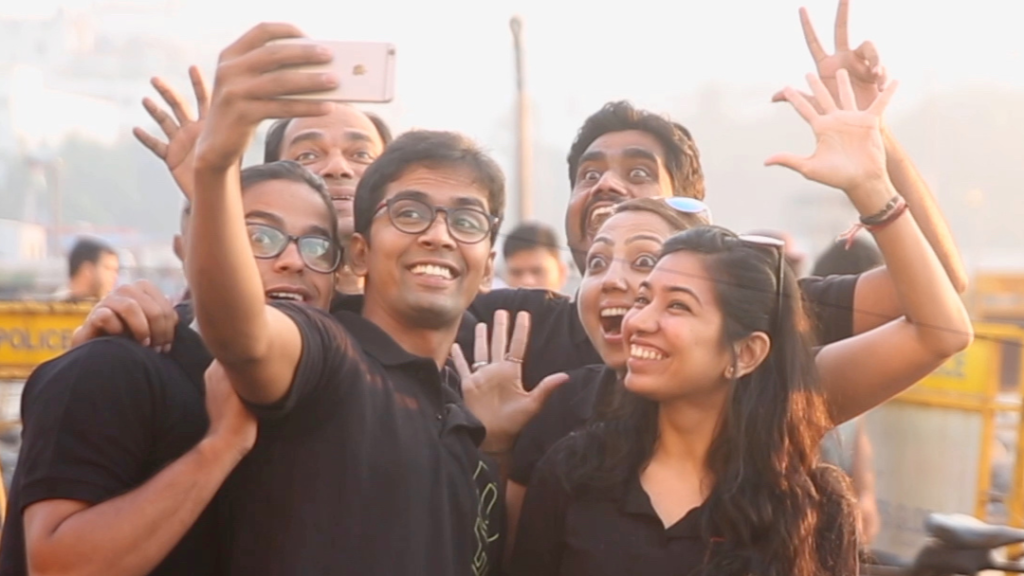
Team building activities serve as invaluable tools for enhancing human skills within teams. Through collaborative tasks, communication abilities are sharpened, trust and collaboration are fostered, and empathy is cultivated.
Problem-solving challenges further develop critical thinking skills and decision-making abilities. In essence, team building provides a dynamic platform for individuals to practise and refine their human skills in a supportive environment, ultimately strengthening team dynamics and improving overall performance.
In our new program, Human Skills, teams venture into the world around them to find ways to explore explore the meaning of the various human skills contained in the activity, empathy, decision making, trust etc., with real life examples.
Here are six team-building activity suggestions from the Catalyst Team Building Network, aimed at harnessing the power of human skills to assist teams in fostering stronger collaboration, communication, and problem-solving abilities.
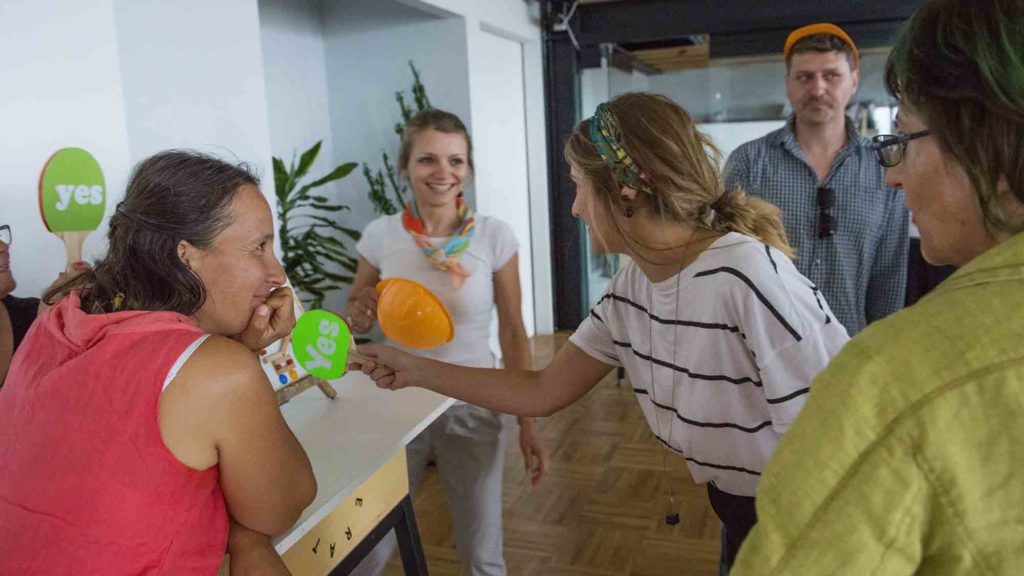
Human skills are indispensable for creating a positive and productive work environment. They enhance communication, build trust, improve decision-making, and foster collaboration. While these skills are challenging to measure, their impact on organisational success is undeniable. Team-building activities provide a practical and effective way to develop and nurture interpersonal skills within a team, leading to improved interactions and better outcomes. Investing in team building is an investment in your people's skills to drive organisational success.
Don't wait until challenges arise. Invest in your team's success by incorporating fun and engaging team-building activities that foster collaboration and strengthen human skills into your organisation's culture! Get in touch with your local representative today.
© 2025 All rights reserved.
